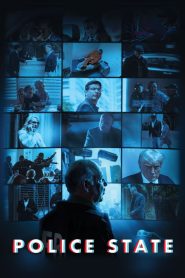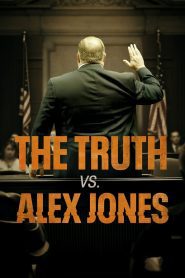
Video Sources 43 Views Report Error

Synopsis
The question of whether the Charismatic gifts—such as speaking in tongues, prophesying, healing, and even raising the dead—are real or have ceased is a subject of intense debate within Christian theology. Charismatic and Pentecostal Christians firmly believe that these miraculous gifts are active today, directly connected to the workings of the Holy Spirit. They see themselves as participants in a divine outpouring of supernatural power that mirrors the miracles described in the New Testament. For them, these experiences are tangible and evidence of God’s continued presence and intervention in the world.
The key Charismatic gifts often referenced are those mentioned in the Bible, specifically in 1 Corinthians 12-14, where the Apostle Paul describes a variety of spiritual gifts given to believers. Among them, speaking in tongues—an ecstatic utterance of unknown languages understood as communication with God—has long been one of the most visible and controversial. Similarly, prophesying, which involves receiving and delivering divine messages, is seen as another active and crucial gift within these communities.
Healing is perhaps one of the most compelling gifts for modern believers. Pentecostals and Charismatics regularly hold healing services where they pray over the sick, believing that God works through them to restore health and perform miracles. Some even claim to witness or perform the raising of the dead, though such events are rare and often met with skepticism by outsiders. To those who embrace these gifts, these acts are not just historical relics but part of an ongoing divine reality that transforms lives today.
On the other hand, there is a significant portion of Christianity, particularly among more traditional or Reformed denominations, that holds to the doctrine of cessationism. Cessationists believe that the miraculous gifts of the Holy Spirit were unique to the early Church and ceased after the time of the Apostles. According to this view, the purpose of miracles was to establish the credibility of the Apostles’ teachings and the early spread of Christianity. Once the canon of Scripture was completed, these believers argue, there was no longer a need for such gifts.
Cessationists often point to church history, noting that reports of miracles and the use of Charismatic gifts became far less common in the centuries following the Apostolic age. They also argue that many contemporary claims of miraculous gifts are either misinterpretations of emotional experiences, psychological phenomena, or outright fabrications. The concern is that these gifts, if misunderstood or misused, can lead to theological errors and distract from the core message of the gospel.
In contrast, those who believe in the continuation of these gifts—continuationists—argue that the gifts of the Spirit were never meant to cease and that God continues to work through these miraculous means today. They cite modern testimonies of healing, prophecy, and other gifts as evidence that the Holy Spirit is still actively empowering believers. For them, the experiences of miracles are deeply personal and transformative, often leading to profound spiritual growth and renewed faith.
The debate between cessationism and continuationism touches on fundamental questions about how Christians understand the work of the Holy Spirit, the nature of miracles, and the role of the supernatural in everyday faith. While some argue that the age of miracles has passed, others are convinced that God continues to work in miraculous ways, through gifts that provide believers with a direct connection to divine power. Whether these gifts are real or not depends largely on one’s theological perspective and personal experience.
Original title Cessationist
IMDb Rating 5.2 186 votes














